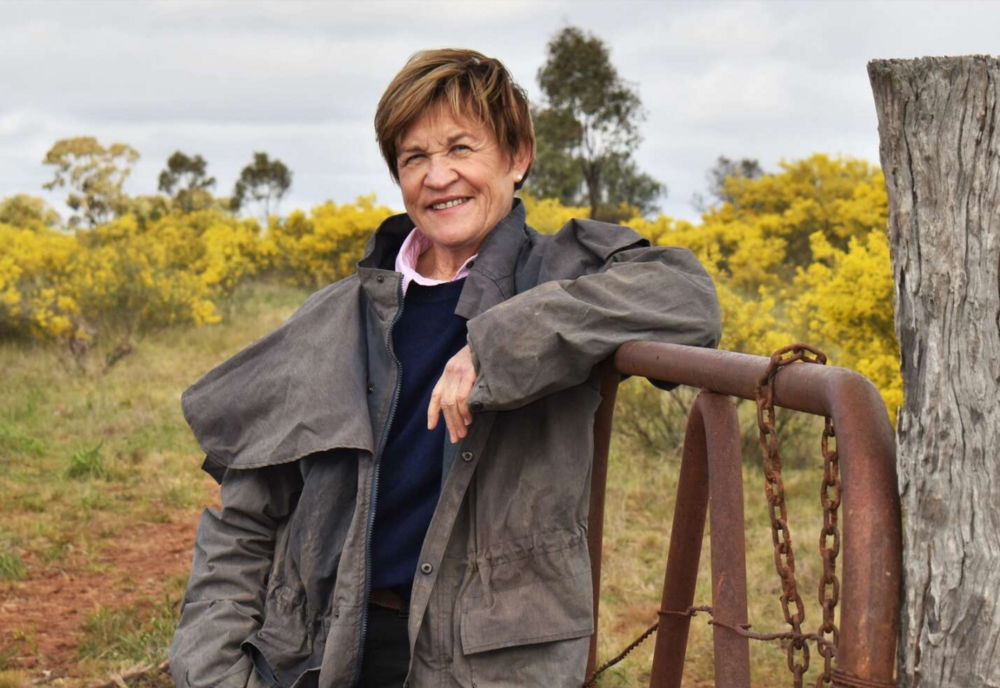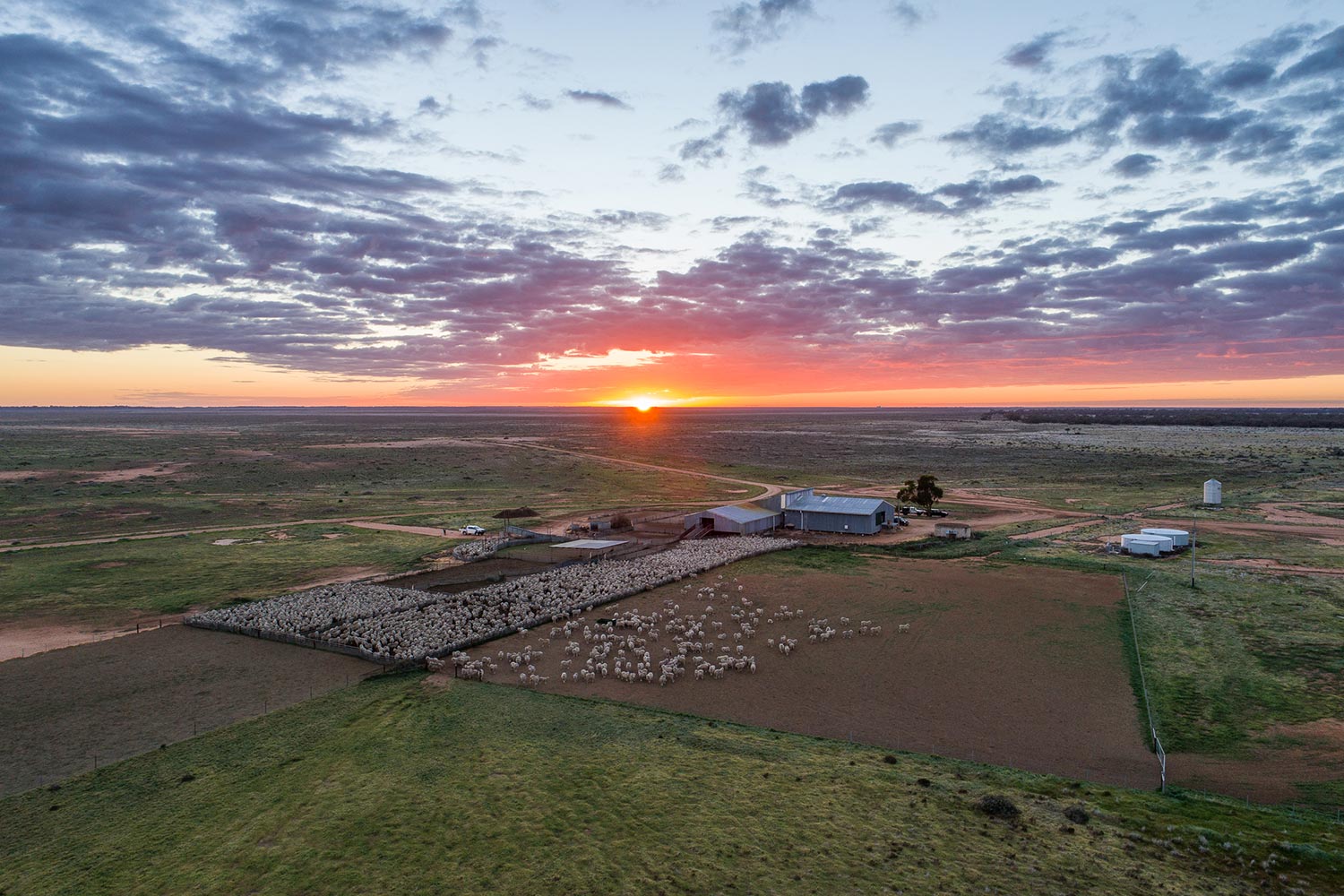Young station hand sentenced over filmed animal abuse
Kimberly Grabham
01 August 2025, 11:00 PM

WARNING: This article discusses content that may upset some readers.
A magistrate has imposed a custodial sentence on a station worker who recorded himself abusing animals and shared the footage online
A 20-year-old station hand from far west New South Wales will spend more than a year in prison after a Broken Hill court heard he filmed himself inflicting deliberate cruelty on farm animals and native wildlife.
Jet Jai Johnson received a 14-month jail term from Magistrate Jacqueline Trad following his guilty pleas to five animal cruelty charges stemming from incidents that occurred whilst he was employed at a large rural property.
The charges related to attacks on kangaroos and young goats that Johnson filmed and subsequently distributed via social media platforms, sparking widespread community outrage.
Court proceedings revealed Johnson had used a motorcycle to deliberately run over a young kangaroo, whilst separate footage showed him physically assaulting an adult kangaroo that he had trapped against fencing.
"The conduct itself would have been very distressing to the animal," Magistrate Trud observed when describing the sustained nature of the attack on the adult kangaroo. "Attacking the kangaroo would have caused severe pain, severe fear and distress."
Evidence presented to the court included veterinary assessments indicating one of the abused goat kids was merely four weeks old and weighed around four kilograms when Johnson kicked it with such force that it was propelled through the air.
The prosecution drew particular attention to Johnson's commentary during the filmed attacks, noting he compared his actions to professional rugby league players and appeared to derive entertainment from the abuse.
Police prosecutor Gavin Begg told the court Johnson's behaviour demonstrated this "wasn't immaturity or being stupid, but seemed to be fun [to him] at the time."
Defence counsel attempted to secure Johnson's release without conviction, citing mental health grounds under forensic provisions legislation and highlighting his youth, clean criminal record, and psychological conditions including anxiety, depression and suspected ADHD.
The defence submission emphasised Johnson's "general lack of sophistication" and argued his mental health issues should be considered as mitigating factors.
Magistrate Trad ultimately rejected the mental health application, determining that the gravity of Johnson's actions outweighed other considerations.
"The objective seriousness of the offences is so significant that it overwhelms the other factors such as his mental health impairment," she ruled.
The magistrate stressed that rural workers carry particular responsibilities regarding animal welfare, noting that livestock and wildlife "are not for sport, they're not for amusement."
"They are treated as the being they are — able to feel pain, able to experience terror," Magistrate Trad said.
The sentence of 14 months with a six-month non-parole period was designed to address both community expectations and deterrence, according to the magistrate's remarks.
She described Johnson's offences as crimes "against the community" that had caused distress to members of the public who viewed the disturbing footage online.
"People who saw these videos experienced fear, distress and loathing," Magistrate Trad told Johnson. "It doesn't have to define you, but you have to pay for what you did."
Family members and supporters of Johnson became visibly emotional when the sentence was announced in court.
Johnson will become eligible for parole consideration on January 29 2026.
The case highlights ongoing concerns about animal welfare standards in rural industries and the role of social media in both documenting and distributing evidence of abuse.
The viral nature of Johnson's footage contributed significantly to public demands for appropriate legal consequences.
NEWS
SPORT
RURAL
COMMUNITY
JOBS
VISIT HAY
VISIT BALRANALD
VISIT OUTBACK NSW


























